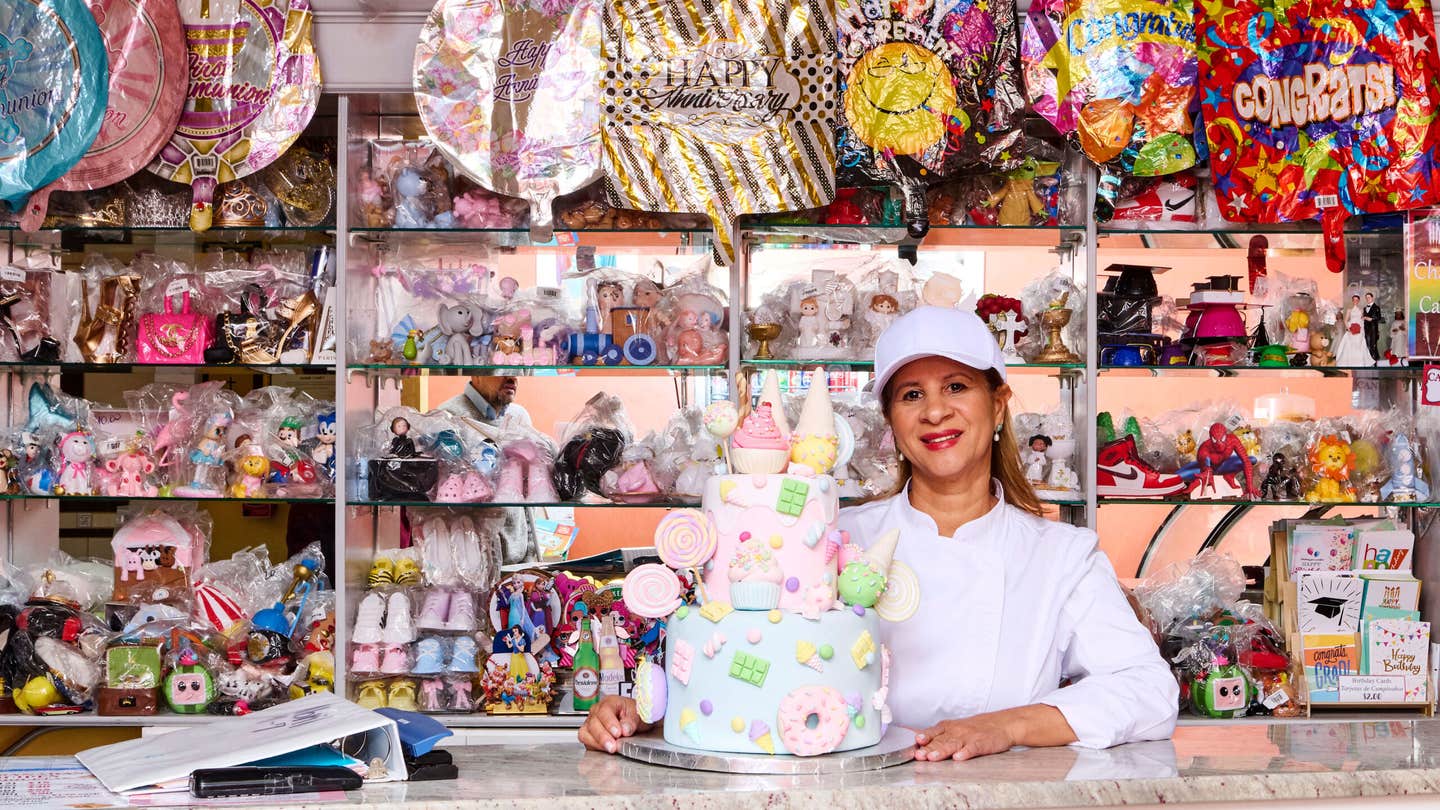Alice Waters on Feeding People an Idea and Reviving Victory Gardens in Berkeley, California
The founder of Chez Panisse and the Edible Schoolyard Project is still planting seeds of change, as you’ll hear on the latest episode of Place Settings.


Welcome to our new podcast, Place Settings. This season, we’re traveling across the U.S. to meet the chefs, farmers, makers, and creatives who are transforming the food space through their unique connection to a place. Tune in each week, as our editors chat with a food innovator whose personal journey is as compelling as what they’re putting on the plate.
This week’s guest has without a doubt influenced what you eat. When she opened her restaurant Chez Panisse in Berkeley in 1971, Alice Waters had no plans for pioneering California cuisine or launching the farm-to-table movement across the U.S. But following her passion for market-fresh, seasonal cooking—sparked by a trip to France as a student—led her to work directly with local organic farmers and spotlight the origins of each ingredient on her menu. Those ideals have since reshaped the entire American food landscape, from grocery stores to fine dining restaurants to even the public school system.
In 1995, Waters founded the Edible Schoolyard Project in Berkeley, which now includes thousands of participating schools around the world. Drawing on her training as a Montessori teacher, the non-profit empowers students to grow and cook their own food—and, in the process, addresses issues like climate change, social inequality, and public health. Waters has also been a vocal advocate for national school lunch reform, calling on presidents such as George W. Bush and Barack Obama to help promote the benefits of healthy eating.
Despite her massive impact and a career that spans more than half a century, the educator, chef, activist, and author has kept a fairly low profile. At 78, she continues to plant seeds of change and is even celebrating a few firsts. Here are some highlights from our senior culture editor Megan Zhang’s conversation with Waters:
On Starting Chez Panisse
I felt empowered to do whatever I had a passion to do. I never even questioned, could I open a restaurant? Did I have the experience? I just thought, I can do this with my friends. I wanted to connect with people and do meaningful work. And I think cooking real food with seasonal ingredients for other people is meaningful because it's about health. It's about supporting the people who take care of the land. It's about tapping into your own creativity.
On Reviving (Guerilla-Inspired) Victory Gardens
At the beginning of the pandemic, I planted a victory garden in the front of my house with things like sage, parsley, and lovage. I decided to dig up this little space between the sidewalk and the street that’s owned by the city, because I was inspired by Ron Finley, the guerilla gardener in L.A. He was cited for planting on his street and he had to go to court, but he won the case. I've got a sign from the 1940s that says, “Your victory garden counts more than ever.” I guess I'm going back to my parents' victory garden that they had during WWII. We ate out of it because we were a family of six and couldn't afford to do otherwise.
On Planting Seeds for the Future
In the last 60 years, we have been thoroughly indoctrinated by fast food culture. We not only have eaten food that is not good for us, but we have adopted the values that come with that food: More is better. Time is money. The idea that we should have anything we want, whenever we want it—and that it's okay to waste, because there's always more where that came from. It's changed not only our diets, but our democracy. We have lost respect for the farmers, ranchers, and fishers who give us this food. And we have lost respect for teachers. Those are the two people that feed us. And so I really am thinking about food in schools, and how that could be an economic engine for every state in this country. Imagine if they were all buying local food.
Special thanks to Wisconsin Cheese for supporting this season.
Keep Reading
Continue to Next Story










